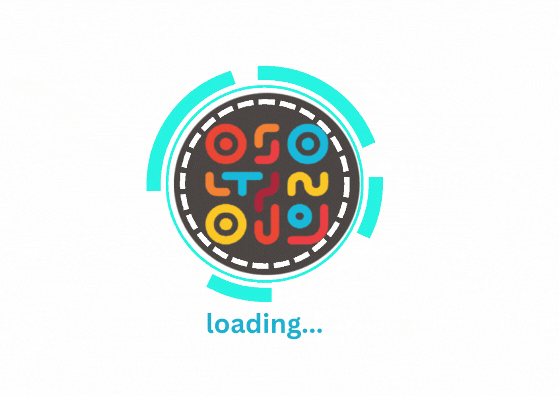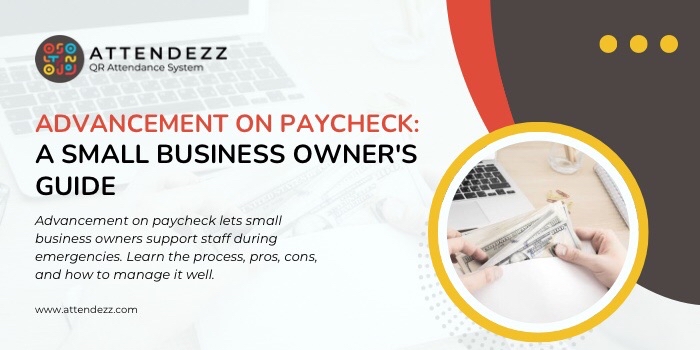What Is an Advancement on Paycheck?
An advancement on paycheck, commonly known as a payroll advance, is a system where an employer gives an employee a portion of their future wages before the scheduled payday. It’s essentially a short-term, interest-free loan repaid through future paycheck deductions. This can be helpful for employees facing urgent financial needs.
How Does Paycheck Advancement Work?
When an employee requests an advance, the employer issues a portion of their expected salary early. The amount is then deducted from the employee’s upcoming paycheck(s), usually as a lump sum or in installments. It’s crucial that both parties agree to repayment terms in writing, and the process is managed through reliable payroll systems to avoid errors.
Is Paycheck Advancement Legal?
Yes, paycheck advancement is legal in most places, but it must comply with local and federal employment laws. Key legal considerations include:
- Obtaining written consent for the advance and repayment.
- Ensuring the deduction doesn’t reduce pay below minimum wage.
- Properly recording the transaction. Employers should consult with legal counsel or a payroll professional to ensure full compliance.
How to Offer an Advancement on Paycheck to Your Team
- Draft a clear payroll advance policy explaining who qualifies, how much can be borrowed, and repayment terms.
- Use digital tools to manage tracking and deductions accurately.
- Obtain signed agreements from employees to protect both parties.
- Stay compliant with wage laws and maintain accurate documentation.
Pros and Cons of Paycheck Advancement
The Pros of Paycheck Advancement
- Emergency Support: Helps employees manage sudden financial hardships.
- Increased Loyalty: Employees feel valued and supported.
- Reduced Absenteeism: Financial stability can reduce distractions and improve productivity.
The Cons of Paycheck Advancement
- Cash Flow Pressure: Repeated advances can drain your business’s liquidity.
- Risk of Non-Repayment: Especially if an employee leaves before full repayment.
- Administrative Complexity: Without automation, managing requests and deductions can become burdensome.
Common Challenges in Paycheck Advancement & How to Avoid Them
Challenge #1: Too Many Requests
When employees start relying heavily on paycheck advances, it can overwhelm your system and strain internal processes. Without limits, this practice may become a recurring issue that fosters dependency rather than temporary relief.
Solution: Establish a clear policy that limits the number of advances allowed per month or quarter for each employee. You can also cap the total number of advances your company will issue per month to maintain financial control. Regularly communicate these limits to your team.
Challenge #2: Cash Flow Constraints
Providing early access to wages can create cash flow gaps for your business—especially during tight months or economic downturns. Even small advances, when multiplied across employees, can significantly affect your liquidity.
Solution: Create a dedicated payroll advance budget. Monitor cash reserves weekly and set aside a fixed monthly amount strictly for advances. Use cash flow forecasting tools to predict how advances might affect your upcoming financial commitments.
Challenge #3: Employees Leaving Without Repayment
If an employee resigns or is terminated before the advance is fully repaid, it can result in financial loss for your business. Recovering these amounts can also lead to administrative or legal complications.
Solution: Include a repayment clause in your employment agreement stating that any unpaid advance will be deducted from the final paycheck. Ensure this clause complies with local labor laws. In cases where deduction is not legally permitted, be prepared to pursue repayment through alternative channels, such as small claims court.
Challenge #4: Tracking and Documentation Issues
Manual tracking of paycheck advances can result in miscalculations, missed deductions, or disputes about outstanding balances. Poor documentation can also create compliance issues during audits or legal reviews.
Solution: Use payroll software that includes features for tracking paycheck advances. These tools automate calculations, create repayment schedules, and generate audit trails. Ensure every advance is accompanied by a signed digital agreement to keep your records organized and legally sound.
Best Practices for Offering Paycheck Advances
Keep Your Policy Clear and Human
Balance professionalism with empathy. Make sure employees understand the rules but feel supported.
Choose the Right Timing
Avoid offering advances close to major expenses like tax season or when business cash flow is tight.
Monitor Financial Health of Requests
Repeated advance requests from an employee may indicate deeper issues. Consider providing access to financial wellness resources.
Prepare for Employee Turnover
Have signed agreements in place to reclaim unpaid advances through legal channels, such as final paycheck deductions.
Keep Documentation Simple
Avoid overcomplicating. Use digital forms and e-signatures to streamline the request and approval process.
Top Tools and Services for Managing Paycheck Advancements
Homebase
Helps manage employee hours, schedules, and allows easy payroll integration for small teams.
QuickBooks Payroll
Ideal for small businesses that need automated payroll, tax filings, and customizable deductions.
ADP
A comprehensive solution offering payroll, compliance support, and employee financial benefits like advances.
Workday
Used by large organizations for workforce planning and payroll tracking, including financial advance management.
Gusto
User-friendly platform with features like on-demand pay, direct deposit, and real-time payroll processing.
What’s the Best Alternative to Paycheck Advancement?
Earned Wage Access (EWA) Apps
Apps like Even, DailyPay, or Payactiv let employees access already-earned wages instantly, without employer funds being used upfront.
Financial Wellness Programs
Include budgeting tools, savings plans, and financial coaching to help employees improve long-term money management.
Third-Party Emergency Loan Options
These loans are often facilitated through partnerships with banks or fintech firms, offering low-interest emergency funds directly to employees.
Support Your Employees Without Harming Your Business
Offering paycheck advancements can improve morale and employee retention—but only when done responsibly. Create a structured policy, use tools for efficiency, and always keep your business’s financial health in focus.
FAQ: Paycheck Advancement Basics
Not necessarily. Eligibility depends on your company policy, length of service, and financial standing.
No. Since this is not a traditional loan, credit checks are rarely needed.
Generally no, because it’s a wage prepayment. However, it must be accounted for properly in payroll records.
Best practices suggest limiting advances to once per quarter to prevent overuse and dependency.
You may recover the advance from their final paycheck, if permitted by law and clearly outlined in their signed agreement.


